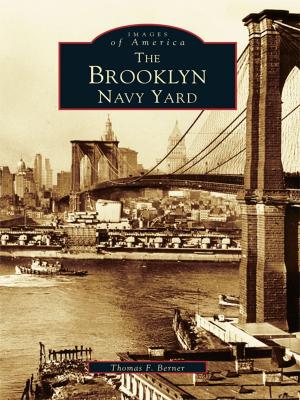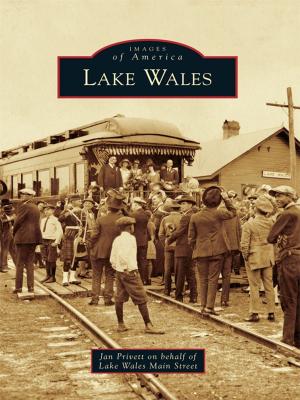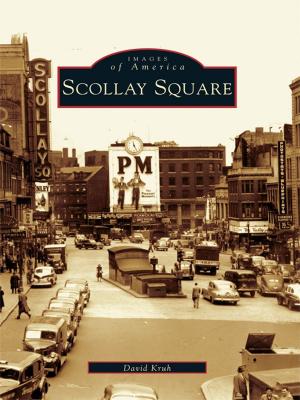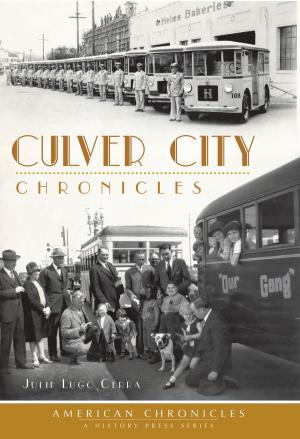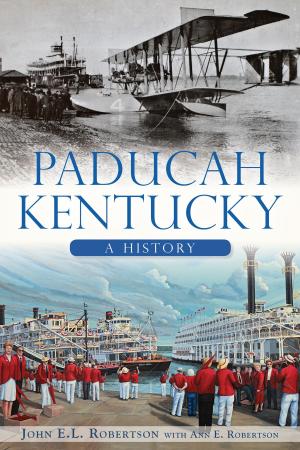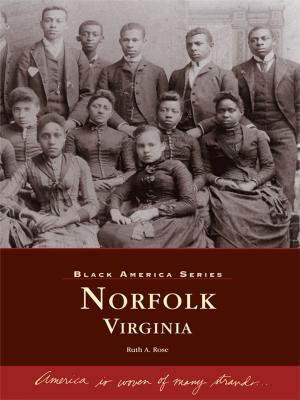Lost Steel Plants of the Monongahela River Valley
Nonfiction, Travel, Pictorials, Art & Architecture, Photography, History, Americas, United States| Author: | Robert S. Dorsett | ISBN: | 9781439654453 |
| Publisher: | Arcadia Publishing Inc. | Publication: | November 9, 2015 |
| Imprint: | Arcadia Publishing | Language: | English |
| Author: | Robert S. Dorsett |
| ISBN: | 9781439654453 |
| Publisher: | Arcadia Publishing Inc. |
| Publication: | November 9, 2015 |
| Imprint: | Arcadia Publishing |
| Language: | English |
Pittsburgh's Monongahela River is named after the Lenape Indian word Menaonkihela, meaning "where banks cave and erode." The name is fitting: for over a century, these riverbanks were lined with steel plants and railroads that have now "caved and eroded" away. By the 1880s, Carnegie Steel was the world's largest manufacturer of iron, steel rails, and coke. However, in the 1970s, cheap foreign steel flooded the market. Following the 1981-1982 recession, the plants laid off 153,000 workers. The year 1985 saw the beginning of demolition; by 1990, seven of nine major steel plants had shut down. Duquesne, Homestead, Jones & Laughlin, and Eliza Furnace are gone; only the Edgar Thomson plant remains as a producer of steel. The industry could be said to have built and nearly destroyed the region both economically and environmentally. While these steel plants are lost today, the legacy of their workers is not forgotten.
Pittsburgh's Monongahela River is named after the Lenape Indian word Menaonkihela, meaning "where banks cave and erode." The name is fitting: for over a century, these riverbanks were lined with steel plants and railroads that have now "caved and eroded" away. By the 1880s, Carnegie Steel was the world's largest manufacturer of iron, steel rails, and coke. However, in the 1970s, cheap foreign steel flooded the market. Following the 1981-1982 recession, the plants laid off 153,000 workers. The year 1985 saw the beginning of demolition; by 1990, seven of nine major steel plants had shut down. Duquesne, Homestead, Jones & Laughlin, and Eliza Furnace are gone; only the Edgar Thomson plant remains as a producer of steel. The industry could be said to have built and nearly destroyed the region both economically and environmentally. While these steel plants are lost today, the legacy of their workers is not forgotten.



